15 YEARS MANUFACTURING EXPERIENCE
26
2025
-
08
Natural vs. Chemical: What’s Best in Teeth Whitening Toothpaste?
Natural vs. Chemical: What’s Best in Teeth Whitening Toothpaste? Introduction to Teeth Whitening Toothpaste Teeth whitening toothpaste has become a staple in many households, as people seek to achieve a brighter, more radiant smile. With a plethora of options available on the market, choosing between **natural** and **chemical** formulations can be daunting. This article aims to dissect the two ca
Natural vs. Chemical: What’s Best in Teeth Whitening Toothpaste?
Introduction to Teeth Whitening Toothpaste
Teeth whitening toothpaste has become a staple in many households, as people seek to achieve a brighter, more radiant smile. With a plethora of options available on the market, choosing between **natural** and **chemical** formulations can be daunting. This article aims to dissect the two categories, providing insights into their ingredients, effectiveness, and potential effects on oral health.
Understanding Teeth Discoloration
Before delving into toothpaste options, it's crucial to understand why teeth become discolored in the first place. Factors contributing to teeth discoloration include:
- **Dietary choices:** Stains from coffee, tea, red wine, and certain fruits can accumulate over time.
- **Tobacco use:** Smoking or chewing tobacco can lead to significant staining.
- **Aging:** Enamel wears down, exposing the yellowish dentin underneath.
- **Medications:** Some medications can cause staining as a side effect.
By understanding the causes of teeth discoloration, we can better appreciate the role of whitening toothpaste.
The Role of Teeth Whitening Toothpaste
Teeth whitening toothpaste is designed to remove surface stains and promote a brighter appearance. It often contains **abrasives**, **whitening agents**, and **fluoride** for additional oral health benefits. Here, we will explore the two main types of whitening toothpaste available today: **natural** and **chemical**.
What is Natural Teeth Whitening Toothpaste?
Natural teeth whitening toothpaste typically contains ingredients derived from nature, avoiding synthetic chemicals and artificial additives. Common ingredients found in natural toothpaste include:
- **Baking soda:** Known for its mild abrasive properties, it helps remove stains without damaging enamel.
- **Charcoal:** Often used for its absorbent properties, it can help lift surface stains.
- **Essential oils:** Oils like peppermint or tea tree oil can provide antibacterial benefits and freshen breath.
- **Coconut oil:** Used in oil pulling, it can help reduce plaque and promote oral health.
Benefits of Natural Teeth Whitening Toothpaste
Choosing a natural toothpaste has several advantages, including:
- **Reduced chemical exposure:** For those wary of chemicals, natural toothpaste provides peace of mind.
- **Gentle on enamel:** Natural ingredients tend to be less abrasive, preserving enamel health.
- **Holistic approach:** Many users appreciate the natural approach to oral care, aligning with their lifestyle choices.
What is Chemical Teeth Whitening Toothpaste?
Chemical teeth whitening toothpaste typically includes synthetic ingredients designed for aggressive stain removal. Common chemical components include:
- **Hydrogen peroxide:** A common bleaching agent that penetrates enamel to lighten stains.
- **Sodium fluoride:** Often included for cavity prevention and overall oral health.
- **Silica:** A mild abrasive that helps remove surface stains effectively.
Benefits of Chemical Teeth Whitening Toothpaste
While often more abrasive, chemical whitening toothpaste offers distinct benefits:
- **Immediate results:** Chemical compounds often provide quicker whitening effects compared to natural alternatives.
- **Comprehensive stain removal:** They can tackle deeper and more stubborn stains effectively.
- **Scientific backing:** Many chemical formulations have been studied extensively for both effectiveness and safety.
Effectiveness: Which Option Works Better?
When it comes to the effectiveness of natural vs. chemical whitening toothpaste, several factors come into play. Users often report varying results based on individual needs and predispositions.
Natural Toothpaste Effectiveness
Natural toothpaste can effectively remove surface stains, particularly those caused by food and drink. However, its results may be slower and more subtle. Regular use is typically needed to see a noticeable improvement.
Chemical Toothpaste Effectiveness
Chemical whitening toothpaste can produce faster and more dramatic results. Users often notice a difference in just a few applications. However, this effectiveness may come at the cost of enamel health, especially with prolonged use.
Potential Risks and Side Effects
As with any product, understanding the potential risks associated with teeth whitening toothpaste is essential.
Risks of Natural Toothpaste
While natural toothpaste is generally considered safe, some individuals may experience:
- **Sensitivity:** Ingredients like baking soda can cause discomfort for those with sensitive teeth.
- **Less effective for deep stains:** Natural options may not tackle tougher stains as effectively as chemical counterparts.
Risks of Chemical Toothpaste
Chemical whitening products can present more pronounced side effects, including:
- **Enamel erosion:** Frequent use of abrasive agents can lead to enamel thinning and increased sensitivity.
- **Gum irritation:** Some chemical ingredients may cause irritation if they come into contact with the gums.
Choosing the Right Toothpaste for You
Selecting between natural and chemical teeth whitening toothpaste hinges on several personal factors:
Evaluate Your Dental Health
Consider your dental history and issues such as sensitivity, enamel health, and any pre-existing conditions. Consulting with a dentist can provide tailored recommendations.
Consider Your Goals
Are you looking to make a significant change in tooth color, or do you simply want to maintain your current shade? Understanding your objectives will guide your choice.
Read Labels and Ingredients
Always scrutinize labels for active ingredients and other components. Seek out products with proven efficacy and minimal adverse effects.
Alternative Teeth Whitening Methods
For those seeking additional options beyond toothpaste, several alternatives exist.
Whitening Strips and Gels
Over-the-counter whitening strips and gels can provide a more intensive whitening experience, often yielding quicker results compared to toothpaste.
Professional Whitening Treatments
For significant staining, consulting a dentist for professional whitening may be the best route. These treatments can yield transformative results under professional supervision.
Natural Remedies for Teeth Whitening
Some individuals prefer homemade solutions like baking soda paste, apple cider vinegar, or activated charcoal. While these methods can be effective, they should be used with caution to avoid enamel damage.
FAQs
1. Can natural toothpaste whiten teeth effectively?
Natural toothpaste can help remove surface stains, but results may vary based on the individual and the degree of discoloration.
2. Are chemical whitening toothpaste safe for daily use?
While generally safe, overuse can lead to enamel erosion and increased sensitivity. It's advisable to consult with a dentist for personalized guidance.
3. How long does it take to see results from whitening toothpaste?
Natural toothpaste may take several weeks to show results, while chemical formulations can produce noticeable effects within just a few uses.
4. Can I use both natural and chemical toothpaste?
Yes, some individuals alternate between the two to balance effectiveness and minimize potential side effects.
5. Is it better to choose a specific brand of whitening toothpaste?
Brand efficacy can vary, so it's essential to research and read reviews on specific products to find one that suits your needs.
Conclusion
When deciding between natural and chemical teeth whitening toothpaste, both offer unique advantages and potential drawbacks. Natural toothpaste is favored for its gentle approach and minimal chemical exposure, while chemical formulations provide rapid and effective results. Ultimately, the best choice depends on individual dental health, personal preferences, and specific whitening goals. Understanding your options can lead to a bright and confident smile while prioritizing your overall oral health.
Previous page
Related news
undefined
Related products
COMPANY
About Us
OEM Service
After-Sale: info@glorysmile.com
QUICK CONTACT
Makou Industrial Park, Yongxiu County, Jiujiang City, Jiangxi Province, China, 332000
+86 18279124913
Copyright © 2022 DENT(HK)LIMITED LTD SEO


 Language
Language


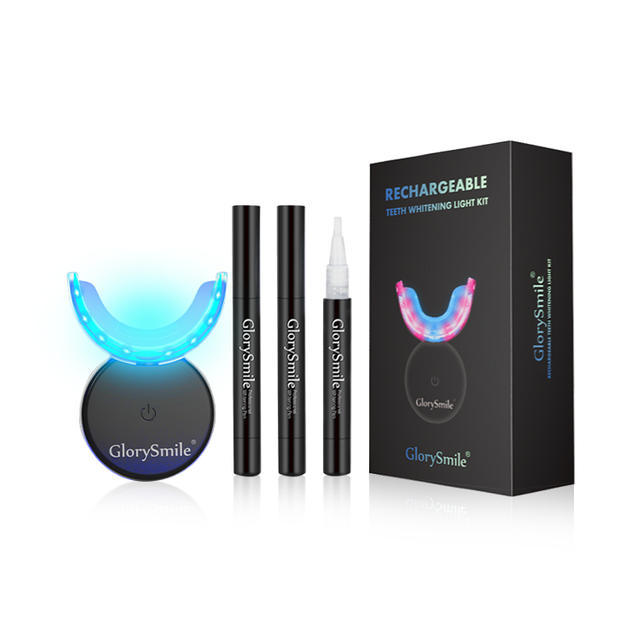

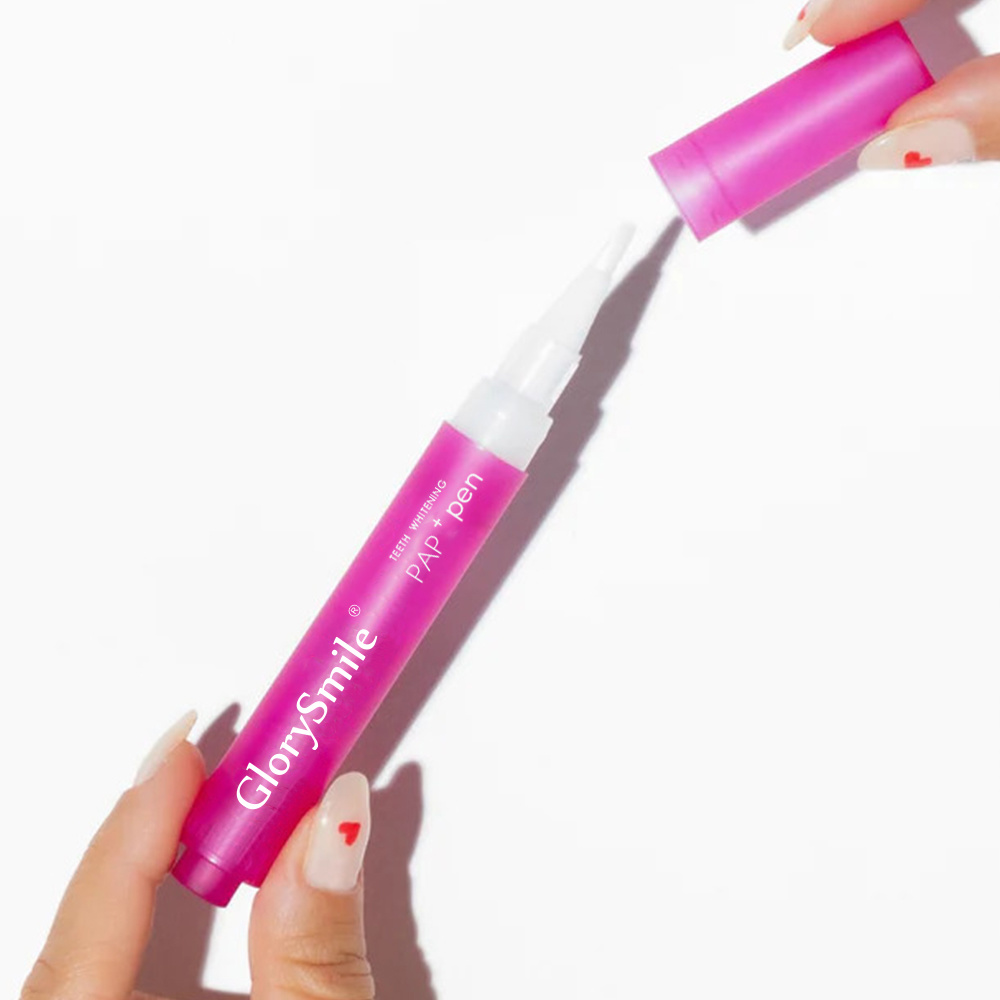
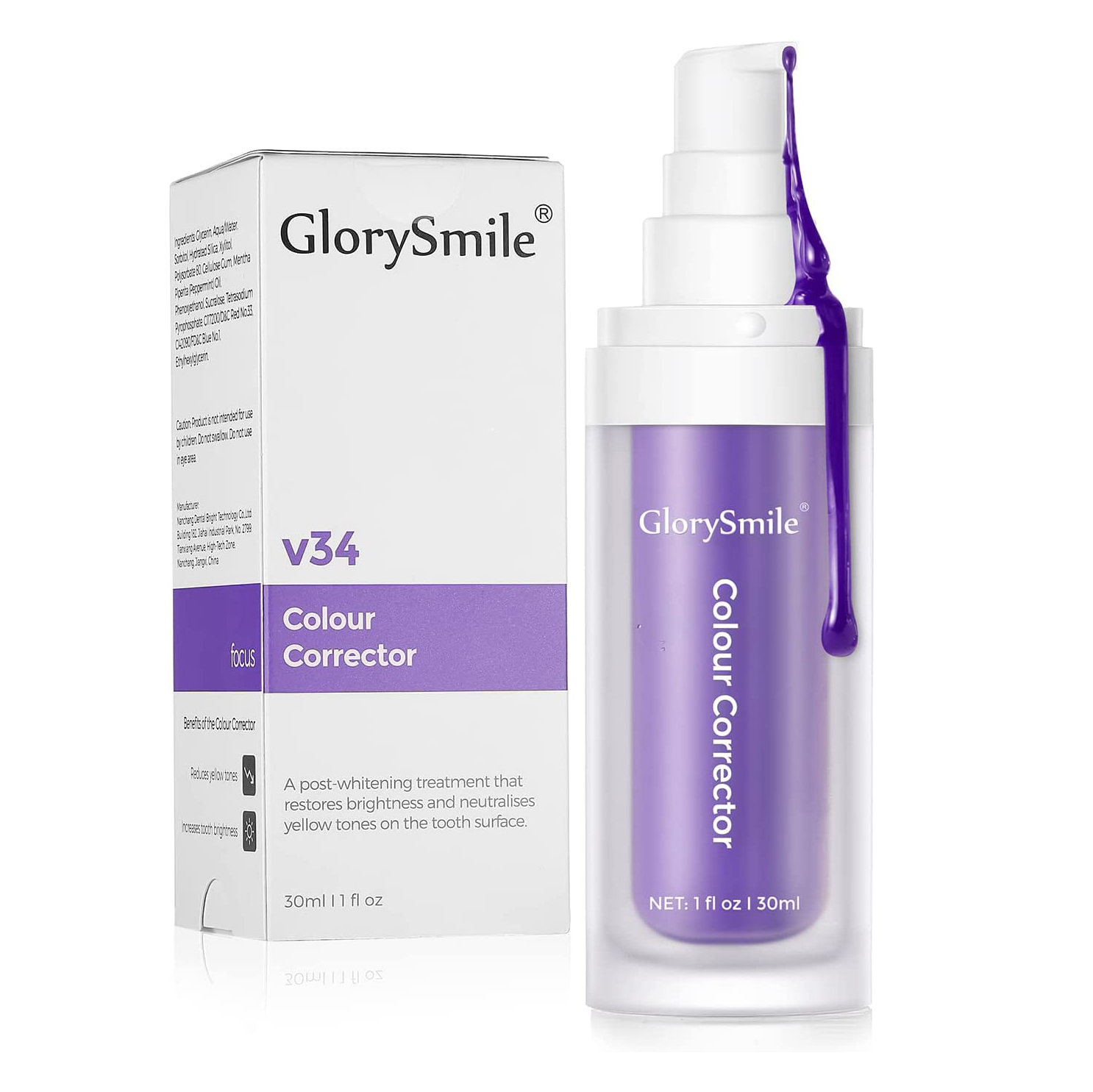
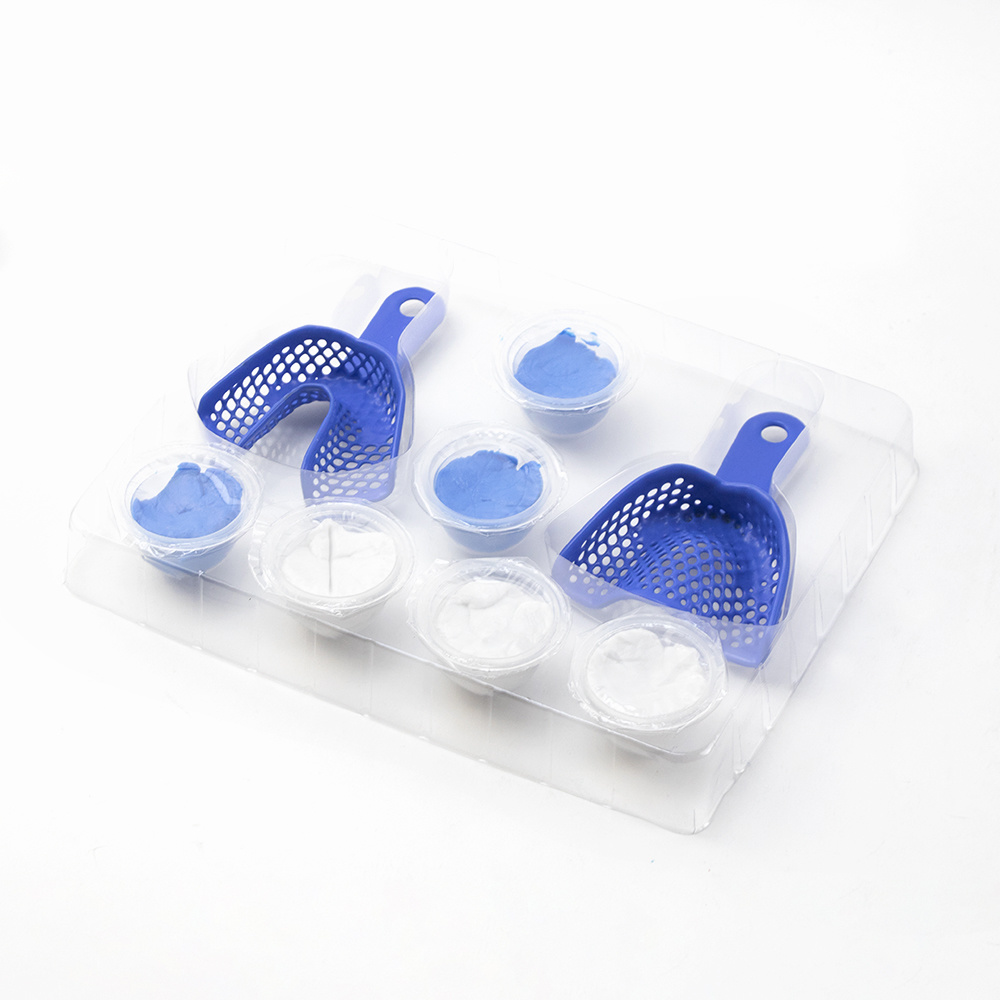
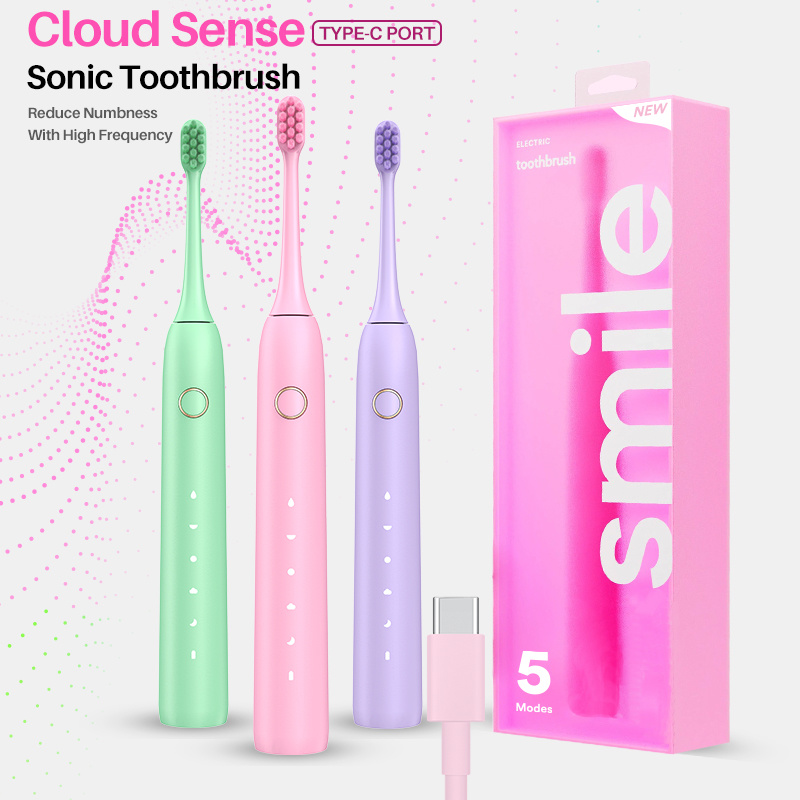

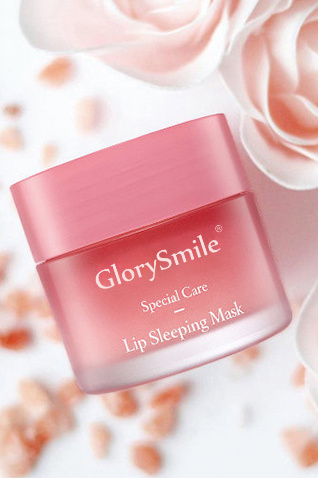
 +8618279124913
+8618279124913 helen.xiao@enjoywhite.com
helen.xiao@enjoywhite.com Message
Message 